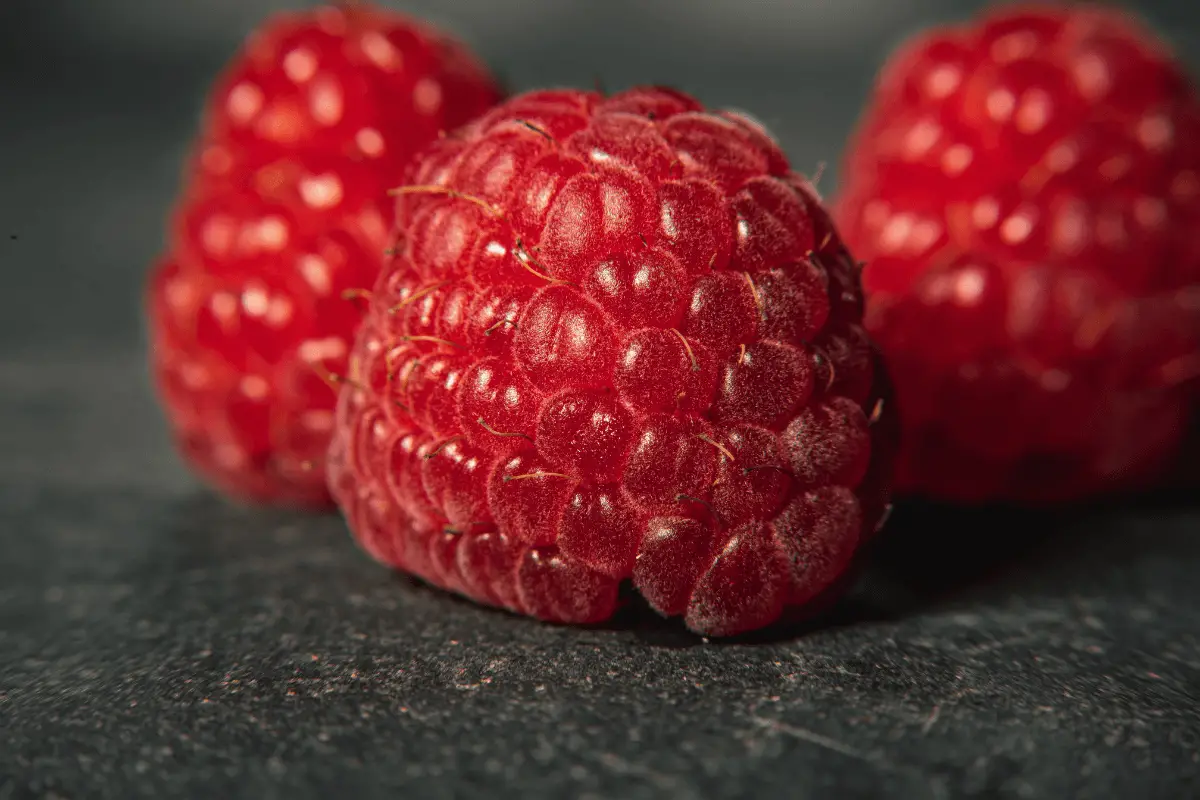TheHerbProf.com is a treasure trove of knowledge for those interested in natural healing and herbal remedies. The website is run by Paul Johnston MD. A naturopathic who has not only received extensive education in the field but also has personal experience in self-healing.
Rubus Idaeus
The leaves may be collected throughout the growing season. They are rich in vitamin C and contain astringent qualities due to their high tannin content. Red raspberry leaves have been used by women for centuries as a support to the reproductive system, especially during pregnancy. When used after birth, it can decrease uterine swelling and minimize postpartum hemorrhaging.
The British medical journal Lancet published a report by Doctor Violet Russell about her use of Red Raspberry leaf tea. “I have encouraged expectant mothers to drink this infusion. In a good many cases, labor has been easy and free of muscular spasms”. In one reported case, a woman had four miscarriages and several doctors had told her she would never be a mother. She began drinking tea every morning (suggest 1 cup every morning then move to 1 quart every day during the last four weeks of pregnancy) of her pregnancy. She gave birth to a healthy baby, and in 18 months had another.
FGO Organic Red Raspberry Leaf Tea – Get yours Here.
This herb is beneficial in normalizing blood flow during menstruation and reducing painful menstrual cramps. Red Raspberry supports the reproductive system by strengthening the tissues of the womb, increasing lactation, and easing nausea caused by morning sickness. Red Raspberry leaves are high in iron and enrich early colostrums found in mother’s milk. It also cleanses and prepares breasts for a pure milk supply for the nursing infant by cleansing and purifying the blood.
Red Raspberry also benefits the joints and tendons. Primary chemical constituents of Red Raspberry include flavonoids, alkaloids (fragarine), organic acids, vitamin C, iron citrate, calcium chloride, magnesium, manganese, potassium, and tannins. Red Raspberry’s astringent properties make it helpful in relieving diarrhea, and its antiseptic properties make it beneficial for treating sore throats and canker sores.
Suggest a tea made with the leaf or capsules.
Benefits:
After birth pains Childbirth painless Female organs Labor pains
Lactation Menstrual irregularities Miscarriage Morning sickness Fevers
Flu Gas Digestive disorders Heart Mucous membranes
Linking Red Raspberry to TheHerbProf.com
Red Raspberry is a delightful fruit with a host of health benefits, and at TheHerbProf.com, we’re all about exploring these benefits! Here’s how our website and this subject harmonize:
- Raspberry Rundown: We provide comprehensive information about red raspberry, its medicinal properties, and its uses in herbal medicine.
- Herbal Highlights: Our site offers insights into how red raspberry can be incorporated into your herbal regimen.
- Culinary Creations: We share delicious recipes that showcase the versatility of red raspberry in cooking.
- Health and Wellness: Our focus is on promoting overall health and wellness, and red raspberry plays a crucial role in this.
- Community Connection: Connect with others who are passionate about red raspberry and share your experiences.
So, whether you’re a red raspberry enthusiast or just starting your herbal journey, TheHerbProf.com is your trusted guide. Remember, stay curious and stay healthy! Check our home page here!
References:
Little Herb Encyclopedia, by Jack Ritchason; N.D., Woodland Publishing Incorporated, 1995
The Ultimate Healing System, Course Manual, Copyright 1985, Don Lepore
Planetary Herbology, Michael Tierra, C.A., N.D., Lotus Press, 1988
Handbook of Medicinal Herbs, by James A. Duke, Pub. CRP Second Edition 2007
The Complete Medicinal Herbal, by Penelope Ody, Published by Dorling Kindersley


